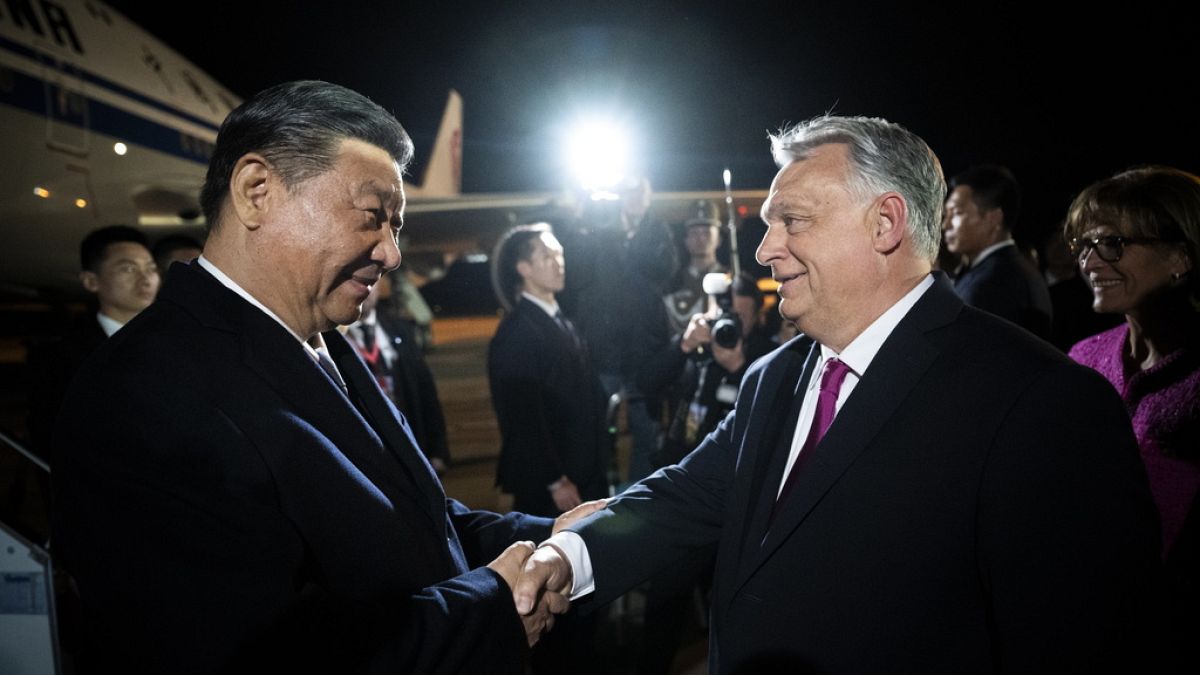Chinese President Xi Jinping’s recent visit to Hungary is seen as a move to solidify economic agreements with Prime Minister Viktor Orbán, further bolstering China’s presence in the region. This comes in contrast to the approach of many EU nations, which are seeking to reduce their dependence on China. During Xi’s visit, discussions are expected to focus on Chinese investments in Hungary, trade, and cooperation on public security and law enforcement.
Orbán’s decision to engage with China’s Belt and Road Initiative has positioned Hungary as the first country in the EU to do so, despite criticism from mainstream European leaders. This move highlights Budapest’s balancing act between regional alliances and economic partnerships with China. Ahead of Xi’s visit, Hungarian Foreign Minister Péter Szijjártó announced plans to sign multiple bilateral agreements, underscoring the historical significance of Xi’s visit to Hungary as president and the potential for Belt and Road expansion into infrastructure and energy investments.
China’s involvement in Hungary has been significant, with the country being Hungary’s largest foreign investor in 2023. Xi’s visit follows his agreement with Serbia, another country with ties to Russia, emphasizing a “shared future” between the two nations. Despite claims of neutrality in the conflict in Ukraine, China has faced criticism for allegedly bolstering Russia’s military capabilities. Hungary, on the other hand, has condemned the invasion but resisted EU sanctions against Moscow and abstained from providing military support to Kyiv.
Xi and Orbán are expected to discuss the Ukraine crisis, given Hungary’s proximity to the conflict zone. Hungary has called on China to play a leading role in fostering peace talks between Russia and Ukraine and has endorsed a peace plan proposed by China. This meeting between Xi and Orbán marks an important moment in the relationship between China and Hungary, with potential implications for the region’s economic and political landscape.









